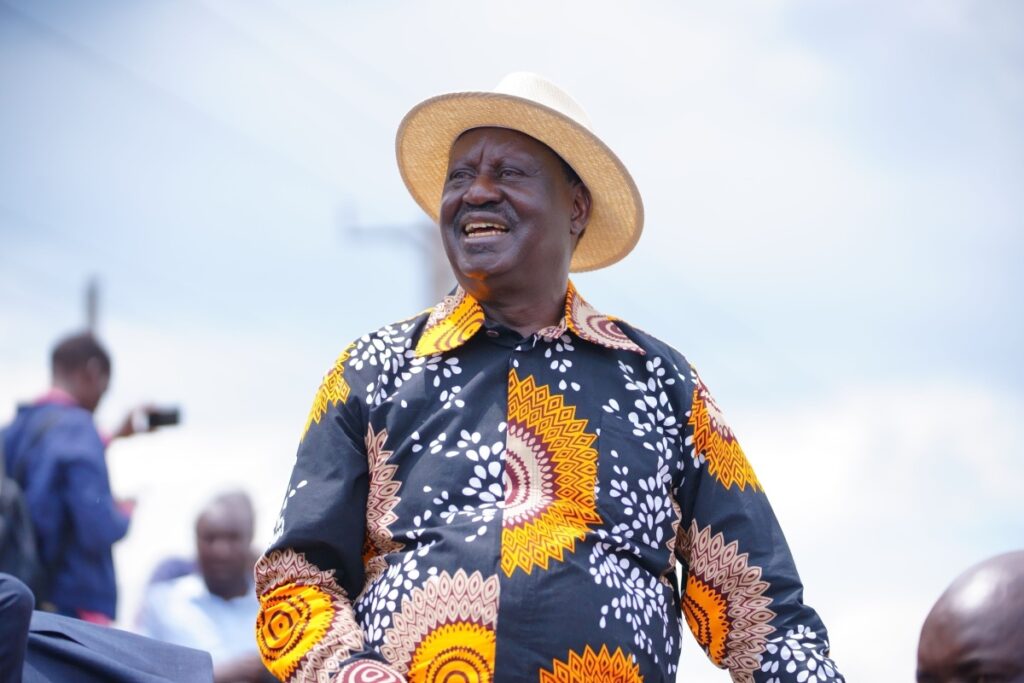Raila Odinga, a towering figure in Kenyan politics, died on October 14, 2025, at the age of 80. He held the office of Prime Minister from 2008 to 2013, after years as a stalwart opposition leader.
Political Legacy and Career
Odinga was widely recognized for his role in promoting constitutional reform, advocacy for democratic governance, and efforts to mediate political tensions in Kenya’s polarized environment.
Throughout his career, he contested multiple presidential elections and remained a central figure within the Orange Democratic Movement (ODM). Despite never securing the presidency, Odinga influenced the country’s political discourse through his persistent campaigning and negotiation in coalitions and alliances.
Circumstances of Death and Tributes
Odinga passed away at Pumwani Hospital in Nairobi, where he had been receiving medical care. His death prompted an outpouring of condolences from across Africa and beyond. President William Ruto described Odinga as a “patriot whose life was dedicated to Kenya’s transformation.” Kenya’s Parliament declared a national period of mourning and lowered flags to half-mast.
Across the continent, leaders including South Africa’s President Cyril Ramaphosa and Uganda’s President Yoweri Museveni lauded Odinga’s role as a unifying figure. International organizations, from the African Union to the United Nations, extended sympathies to Kenya and his family. In Kenya, civil society groups and churches held vigils to reflect on his contributions to public life.
National Impact and Future Reflection
Odinga’s passing leaves a significant void in Kenyan politics. For decades, he served both as a voice of dissent and a bridge between opposing factions. Analysts note that without his guiding presence, some of the coalitions and strategies he engineered may shift direction. His enduring influence had been particularly notable among younger political activists who viewed him as a mentor and moral lodestar.
In recent years, Odinga had signaled his intention to remain politically active, albeit in advisory and elder statesman roles. In 2024, he delivered a forceful address on the necessity of institutional integrity and electoral credibility. His public remarks often underscored the importance of grassroots engagement and transparent governance, ideas that continued to influence Kenya’s evolving political landscape.
With his departure, questions now emerge about ODM’s leadership succession, the future of coalition alignments, and how Kenya’s political class will honor or challenge the standards Odinga set. His life’s work will likely serve as both a reference and a benchmark in debates over democracy, accountability, and national reconciliation.


